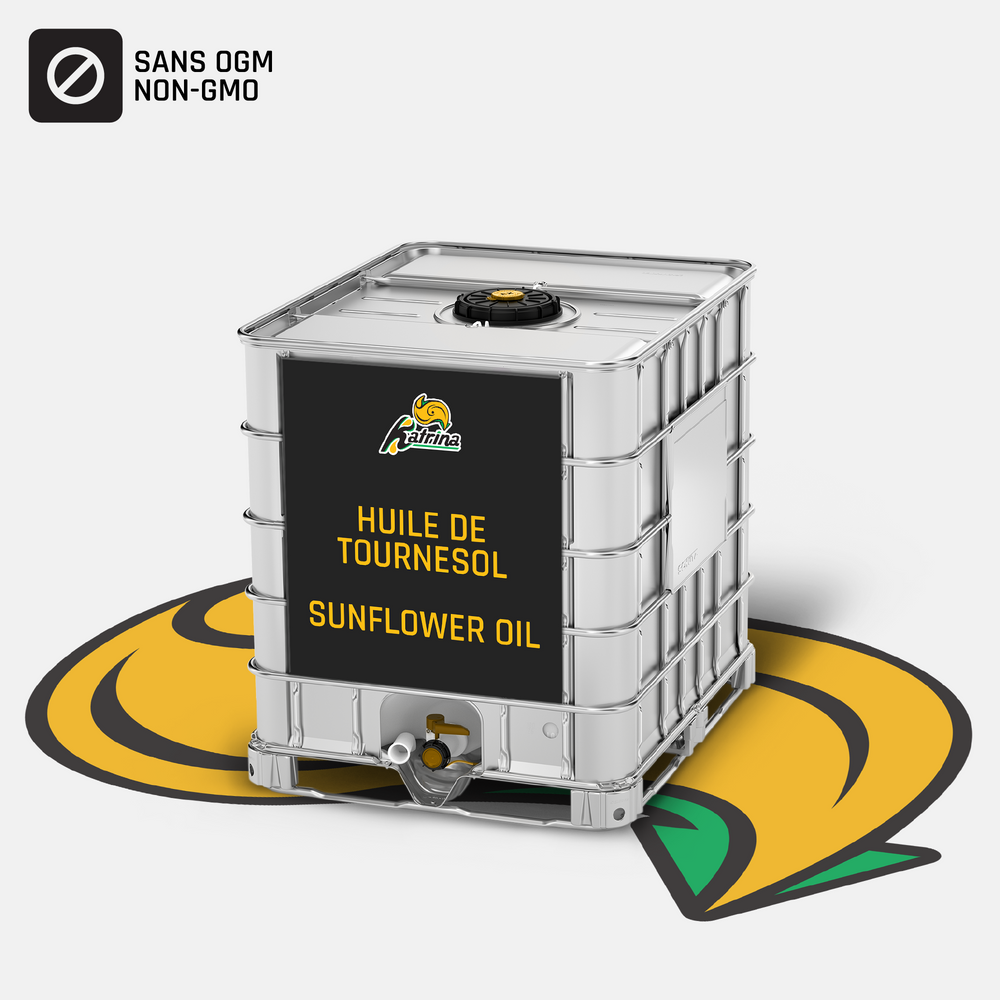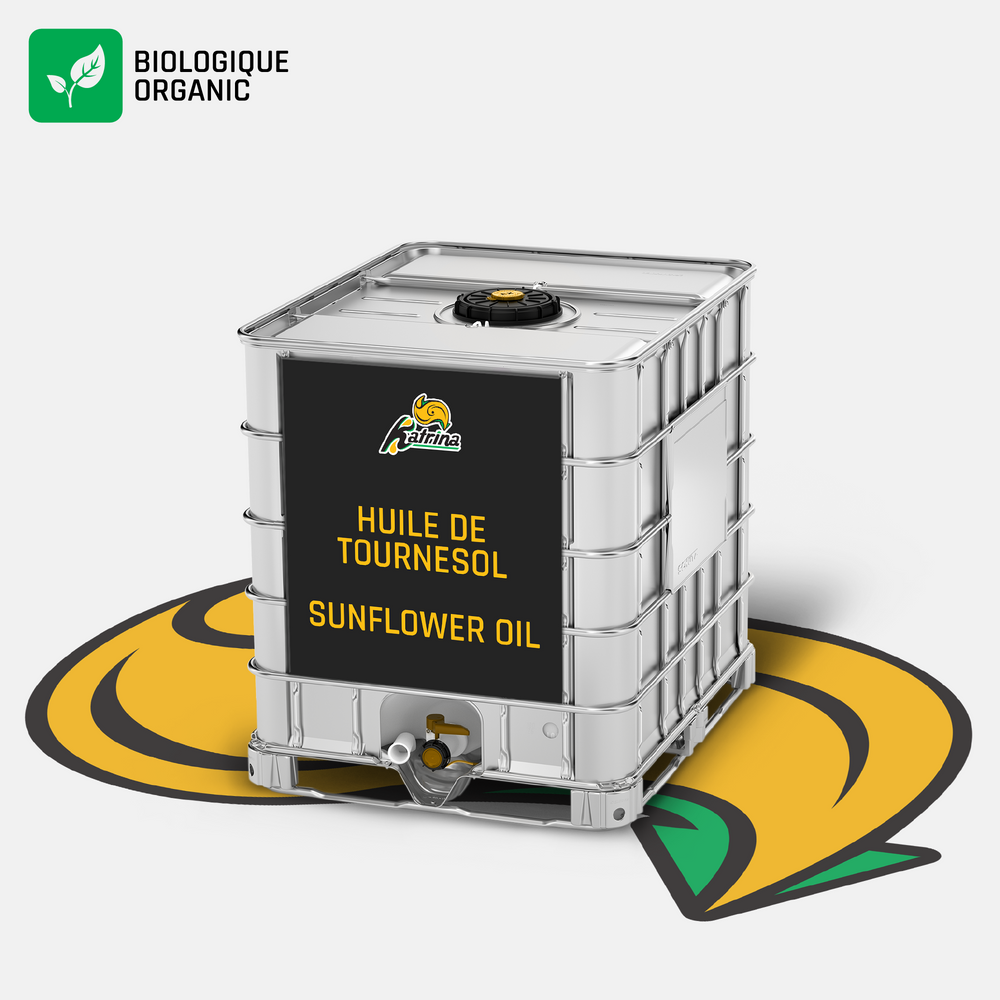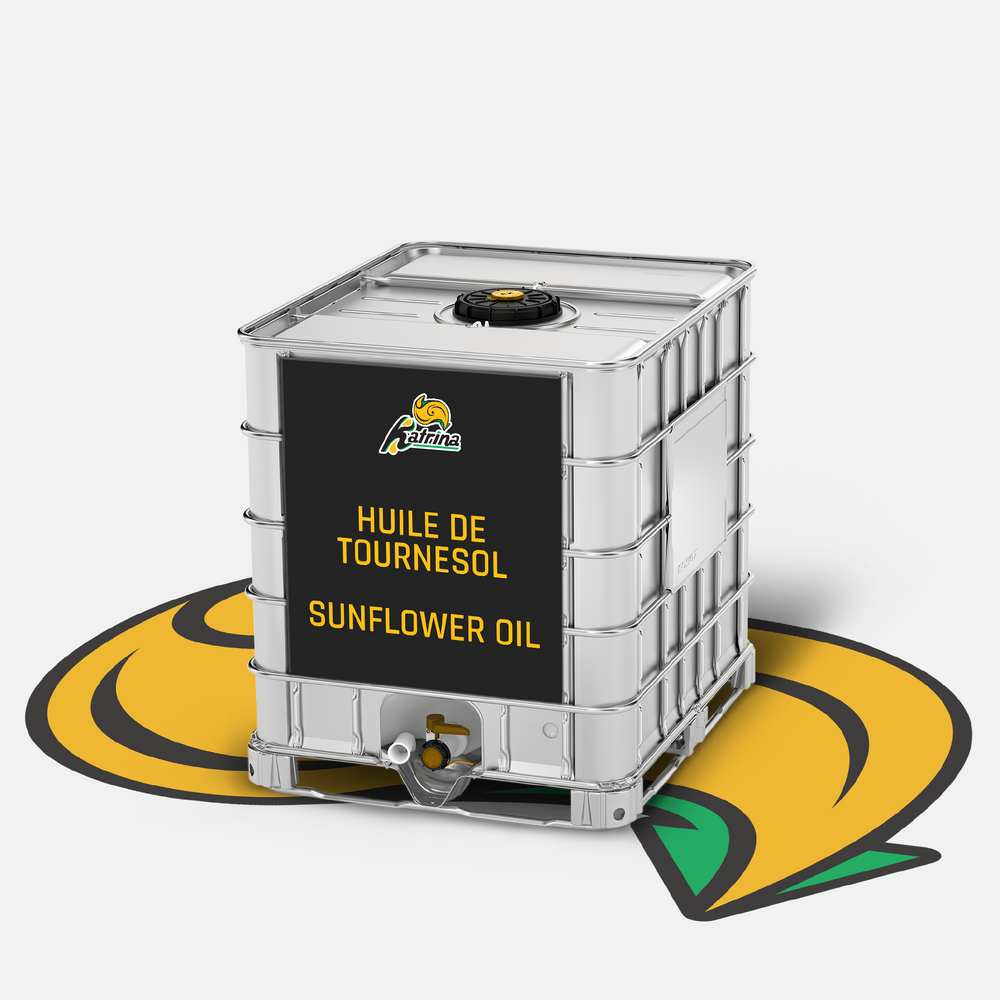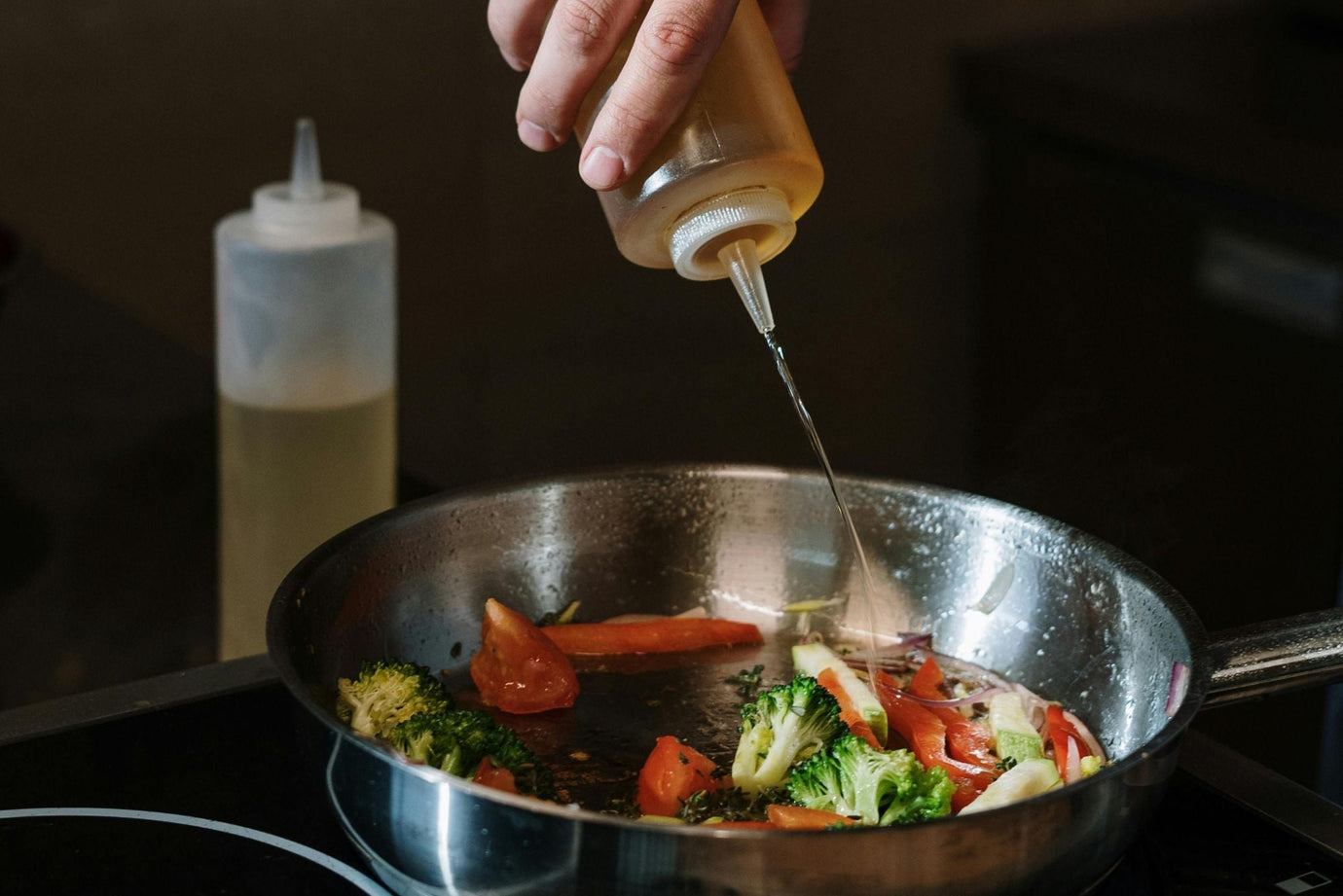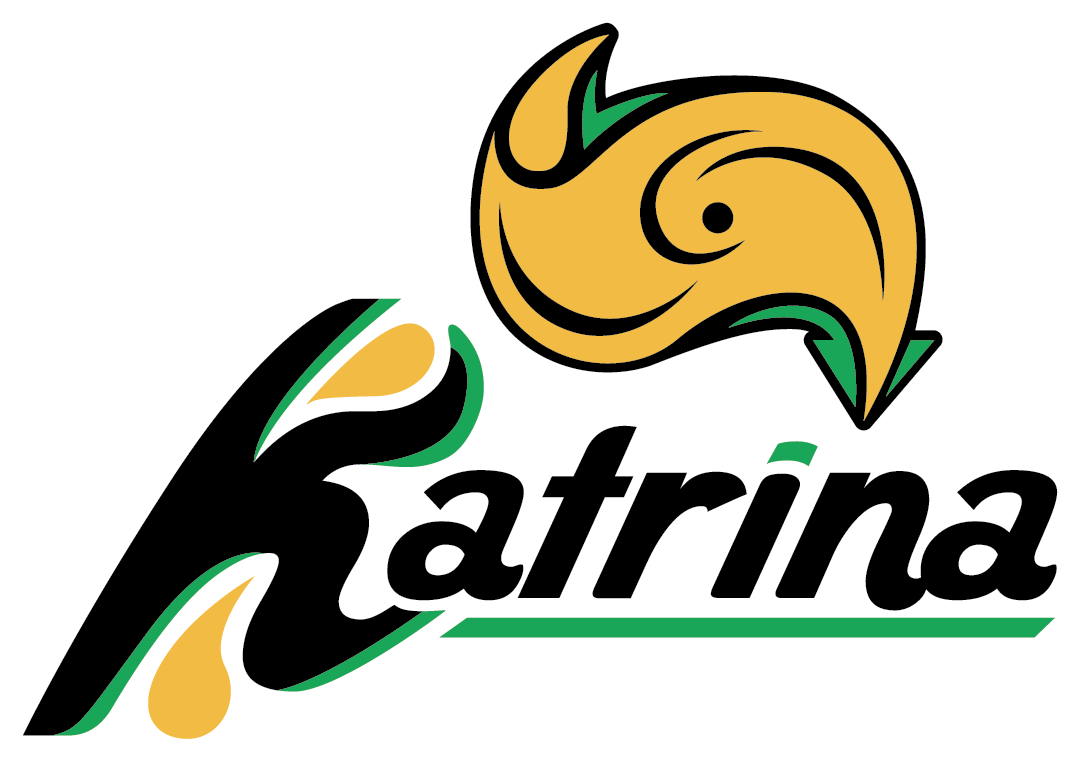How Is Sunflower Oil Made?
Sunflowers aren't just cheerful faces brightening up gardens—they're also the ingredient behind a kitchen staple: sunflower oil! It’s a popular choice among consumers and chefs alike due to its versatility and health benefits as a good source of vitamin E and fatty acids.
Oilseed sunflowers are the varieties best suited for sunflower seed oil production. Unlike the small yellow heads at the florist, or the large, striped seeds enjoyed as a snack, oilseed sunflowers are bred specifically for their high oil content.
This article outlines the process of turning sunflower seeds into the cooking oil on our kitchen shelves.
How Sunflower Oil is Made: A Look at the Production Process
Harvesting
Sunflowers reach maturity in 100 days or more, depending on the variety. By this time, the bright yellow petals have fallen off, the stalk has turned brown, while the flower head itself is heavy and filled with seeds. These are harvested using specialized equipment that separates seeds from the flower heads.
Preparation
After harvest, the seeds undergo cleaning to remove debris and foreign particles. Additionally, if the moisture content is too high, then the seeds will be dried to meet the optimal conditions.
Next is dehulling to remove the hard outer shell of the seeds, leaving only the sunflower kernels. Crushing the dehulled seeds into smaller pieces further increases the efficiency of the oil extraction process.
Oil Extraction
The two main methods of sunflower oil extraction are mechanical pressing and solvent extraction. The former is a mechanical process using a press to squeeze the oil out of the crushed seeds, while the latter uses chemical solvents to separate the oil from the seeds.
Expeller-Pressed Sunflower Oil
This natural extraction method uses an expeller press which is essentially a giant metal screw that squeezes the oil out of the crushed seeds.
Although pressing at higher temperatures can extract more oil, it may come at the cost of some nutrient loss and changes in sunflower oil’s flavour and aroma.
Cold pressing keeps the temperature low throughout the process, which preserves more of the natural flavour, aroma, and nutritional value. This is preferred for producing high-quality and specialty sunflower oil.
Sunflower oil extraction produces ‘seed cake’ or 'seed meal', a coarse, protein-rich byproduct that can be used in animal feed and other agricultural products.
Solvent Extraction of Sunflower Oil
This method involves mixing crushed sunflower seeds with a chemical solvent such as hexane to extract the oil content. The solvent is then evaporated to obtain crude sunflower oil, and the remaining seed cake from the initial extraction is further processed to get residual oil.
This method is more efficient than pressing and can extract a higher oil yield from the seeds. However, it requires further processing to remove the solvents from the extracted oil.
Refinement
After extraction, the crude oil undergoes a refining process to remove impurities and make it fit for consumption.
The actual methods used in this stage vary according to the manufacturer. For example, organic sunflower oil only uses natural refining methods while regular sunflower oil may be subjected to a chemical refining process for bleaching and deodorization.
The result is a clear, refined, edible oil with improved shelf life, flavour, and aroma. It then goes through quality checks before bottling and distribution. Finally, the sunflower oil is ready to be used in a variety of culinary creations!

Conclusion
Sunflower oil is a go-to option for cooking, including high-heat methods like frying and baking. When choosing among vegetable oils, understanding the sunflower oil production process can help you make informed choices about the ingredients you use.
If you're looking for a reliable supplier of high-quality sunflower oil for your restaurant, Distributions Katrina is here to help! Contact us today to discuss your specific cooking oil needs.

